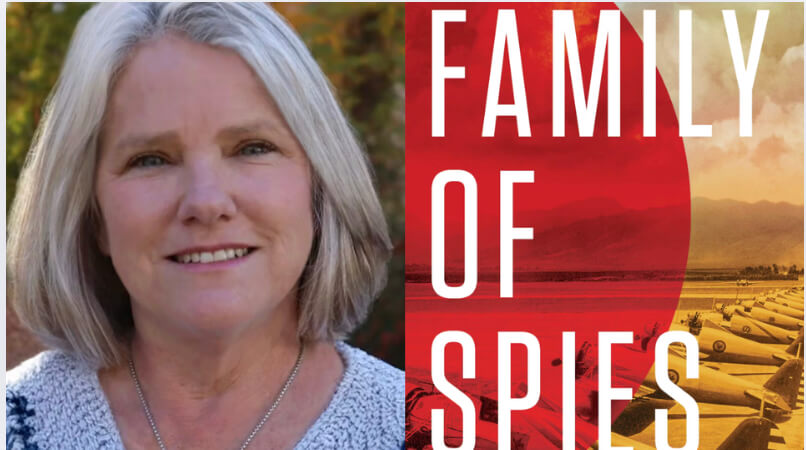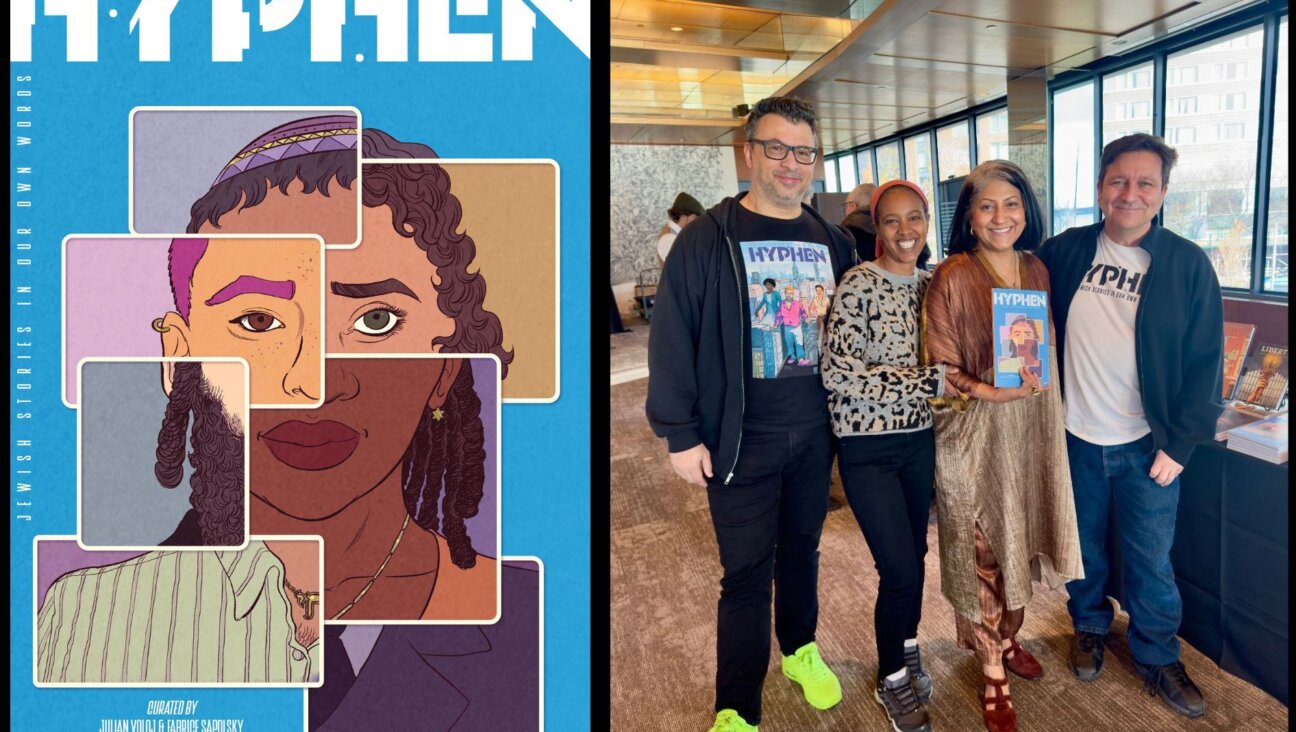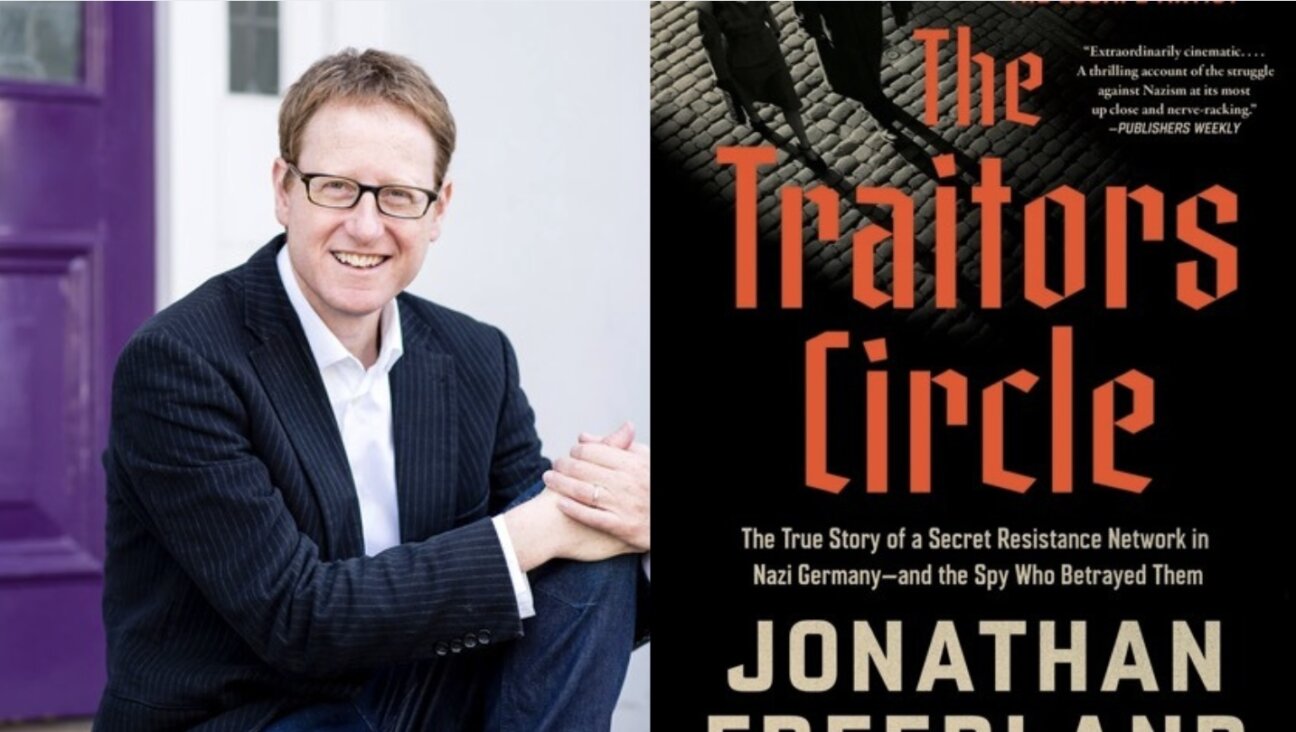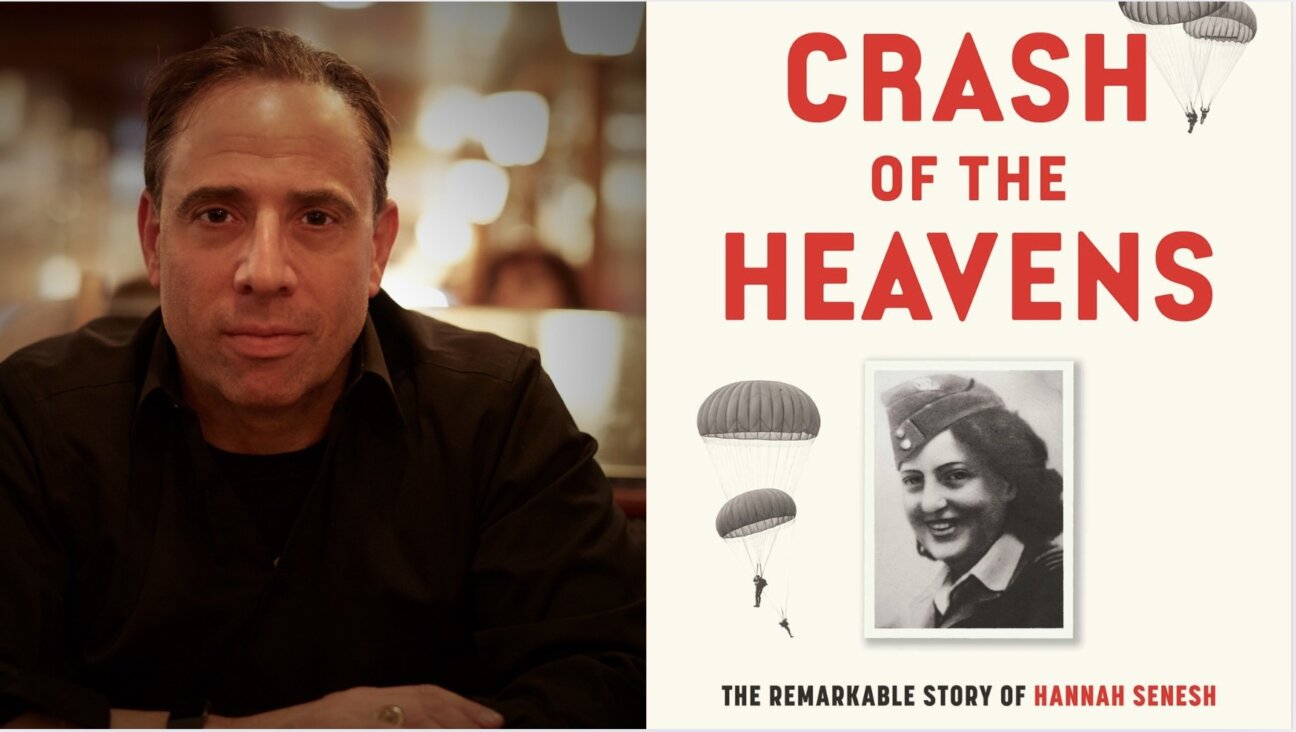Can a Policeman Be an Israeli Hero?

Graphic by Angelie Zaslavsky
Today D. A. Mishani continues with his series “The Mystery of the Hebrew Detective,” where he has been investigating why it’s so difficult to write a detective in Israel. His first detective novel, “The Missing File,” was published by Harper. His blog posts are featured on The Arty Semite courtesy of the Jewish Book Council and My Jewish Learning’s Author Blog Series. For more information on the series, please visit:
I’ll try to summarize the new problem of writing a detective in Hebrew in a simple way. The biography of the typical hero of Israeli canonical literature, from its beginnings, is more or less this: he’s a man; he was born in Europe, or in later periods to a family of European origins; he has survived the Holocaust, or was born to a family of survivors. He grew up in a kibbutz, joined the army and served in one of the elitist units, was maybe even injured in 1967 or 1973, and sometime later on joined the Mossad.
Unfortunately, the protagonist of the realistic crime novel set in Israel cannot have this biography. The Israeli police force, from its early days until today, is composed mainly of Mizrahim (Israelis coming to Israel from Arab or Muslim countries) and those who grew up in the social and cultural peripheries of Israel.
Thus, the cultural image of the police force and the police investigator in Israel is always slightly dejected. For example, the most memorable image of the cop in Israeli culture is by no doubt that of “Policeman Azoulay,” the protagonist of the popular comic film made by Efraim Kishon in 1971. Azoulay is from Moroccan origins, and he is a pathetic – although heart-breaking – character. He can certainly be the protagonist of a popular comedy, but can he be the serious hero of a detective novel, meaning a character that’s supposed to be brighter, sharp, and more intelligent than others?
This is, in brief, the dilemma that an aspiring crime writer faces when trying to write an Israeli realistic police-procedural that also aims to be canonical literature: Should he break the rules of Realism and create a police investigator that might have the same biography of the typical Israeli protagonist and thus can be accepted as a potential hero of Israeli culture? Or should he stick to an ambition to be realistic and create a Mizrahi police officer working in the peripheries of Israeli society, and face the probability of being condemned to literary marginality?
Or in other words: Can Israeli culture accept a Mizrahi police officer as the protagonist of a serious realistic canonical detective series, meaning as one of its heroes, just as Holmes is a hero of British culture, as Inspector Maigret is a hero of French Literature and culture, and as Phillip Marlowe is an American hero?
Check back tomorrow for the final installment of D. A. Mishani’s “The Mystery of the Hebrew Detective.”
The Jewish Book Council is a not-for-profit organization devoted to the reading, writing and publishing of Jewish literature. For more Jewish literary blog posts, reviews of Jewish books and book club resources, and to learn about awards and conferences, please visit www.jewishbookcouncil.org.
MyJewishLearning.com is the leading transdenominational website of Jewish information and education. Visit My Jewish Learning for thousands of articles on Judaism, Jewish holidays, Jewish history and more.
















